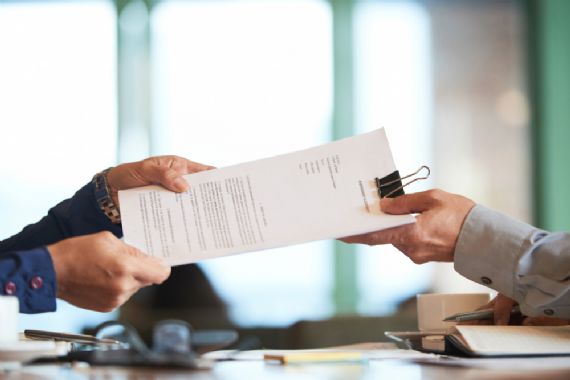A Complete Estate Planning Checklist for You

When American songwriter and singer Aretha Franklin died without preparing a legal will, she made it more difficult for her survivors to settle her affairs. Estate planning helps ensure that your wealth and responsibilities are transferred in the right way to the right people. You work hard throughout your entire life to earn money and build assets. And one of the primary reasons behind this is you want financial security and safety for your loved ones.
But have you ever thought about what would happen to these assets on your unexpected demise? Dying intestate can cause several complications for your successors. Serious disputes may arise, which can devastate the happiness and peace you have sought for your loved ones. With a comprehensive estate plan in place, you can put your wealth and assets in order so that your successors can take over in case you die or become incapacitated.
It is much more than just drafting a will. Planning for your estate means taking into account all your assets and wealth, and ensuring they are transferred smoothly to the entities or people you want to receive them. At the same time, it is important that you understand your wishes and also ensure that others know about them.

Not sure how to get started with estate planning? This checklist will help you cover the basics.
However, before you start, make sure you have these useful documents handy:
- Disability or life insurance policies
- Documents that prove your ownership of assets, such as titles, deeds, and mortgages
- Statement of your financial accounts, such as your bank account, investments, retirement, savings, etc.
- Balance statements mentioning your outstanding debt amounts
- Complete medical records
Estate Planning Checklist
This checklist will help you understand the key steps of successful estate planning:
1. Make a comprehensive list of everything you own
Proper inventory of all your wealth and assets can help in efficient planning. This will enable you to determine what to transfer and to whom. This should include:
- Your home and all other real estate property you own
- Cash in your savings and checking accounts
- Vehicles
- Bonds, CDs, and stocks
- Investment and retirement accounts
- Businesses you own
- Valuable possessions you may have, including furniture, antiques, and jewelry
2. Determine if you need an estate planning attorney
There are various scenarios when you may consider consulting an attorney.
- Your estate is large or complicated, or you have specific family concerns
- You need expert advice on understanding estate laws in your particular state
- You plan to avoid various federal estate taxes
In addition to the above, a good estate planning attorney can help understand your wishes and draft a plan for successfully transferring your wealth and assets to your loved ones.
3. Make a testament and last will
Draft a last will and testament specifying who you want to inherit your wealth and assets after your demise or if you become incapacitated. This should include your physical assets, such as personal possessions or your real estate property in the U.S. – as well as intangible assets like investment and bank accounts. The individuals or entities who are entrusted with your property and assets are known as beneficiaries.

The last will typically include the following:
- Name of individuals or entities to whom you wish to transfer your estate
- Mention the executor whom you want to entrust with your estate
- Nominate a guardian for your minor children, if any
- Designate the individual or entity to whom you will transfer the property that is not handled via joint ownership
4. Choose the right executor for your estate
An executor is a person who will be responsible for managing your estate and ensuring your wishes in the last will are carried out accordingly. Choosing the executor is an important part of your estate planning. He or she should be someone whom you can trust, who is responsible, mentally fit, and financially stable.
5. Consider power of attorney (POA)
A power of attorney legally authorizes a trusted individual to manage and make decisions pertaining to your finances, property, or medical care in case you become incapacitated or are not present.
Conclusion
Once you have everything in place, create a guide for your executors to easily understand your properties, documents, and final wishes. If you have a large and complex estate, it is always ideal to consult an expert estate planning attorney.
We are Ready to Help You
With our experienced immigration and business lawyers, marketing experts, and business advisors, Liberty Business is here for you and your company for all kinds of legal support with our professional and transparent business approach in the following areas.
- Real Estate Services
- Brand Registration, Copyright, Trademark, and Patent Services
- Immigration and Visa Services
You can contact us and send your consultancy request. You can also follow us on Instagram, LinkedIn, and Facebook.
